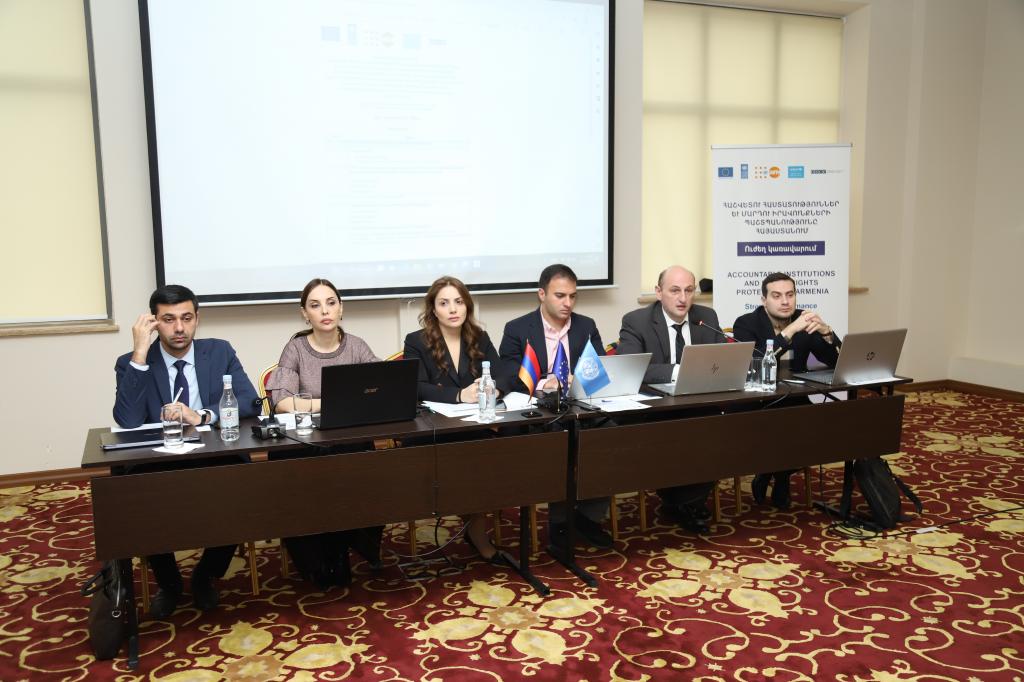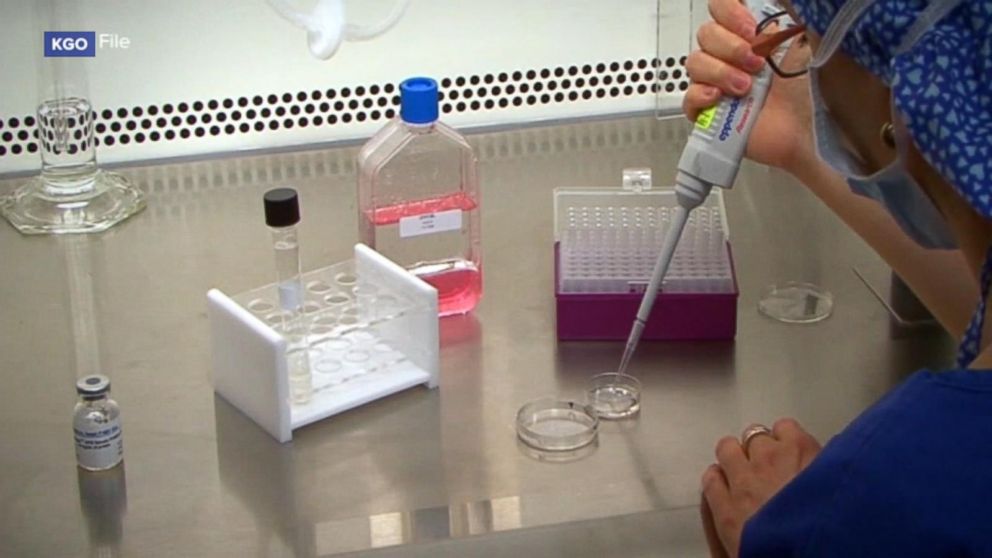The Evolving Landscape Of College Admissions: Standards, Diversity, And Equity

Table of Contents
Shifting Admissions Standards: Beyond GPA and Test Scores
The traditional reliance on GPA and standardized test scores in college admissions is waning. Colleges and universities are increasingly recognizing the limitations of these metrics and embracing a more nuanced approach.
The Decline of Standardized Testing
The debate surrounding standardized testing in college admissions is reaching a fever pitch. Many institutions are moving towards test-optional or test-blind policies, driven by several factors:
- Increased focus on holistic review: Colleges are recognizing that a single test score doesn't fully capture a student's potential.
- Concerns about test bias: Standardized tests have been criticized for perpetuating systemic inequalities, disproportionately impacting underrepresented minority groups and students from low-income backgrounds.
- Accessibility challenges: Test preparation resources and access to testing centers are not equally available to all students, creating an uneven playing field.
- Examples of test-optional policies: Many prestigious universities, including the University of California system and several Ivy League institutions, have adopted test-optional or test-blind policies, significantly altering the college application landscape.
The Rise of Holistic Review
Holistic review considers a wide range of factors beyond grades and test scores. This approach seeks a more comprehensive understanding of the applicant:
- Extracurricular activities: Demonstrated leadership, commitment, and passion through involvement in clubs, sports, volunteer work, and other activities.
- Essays: The ability to articulate personal experiences, goals, and insights through compelling written communication.
- Letters of recommendation: Evaluations from teachers, counselors, and mentors providing perspectives on the applicant's character, skills, and potential.
- Demonstrated interest: Active engagement with the college or university, showcasing genuine enthusiasm and commitment.
- Socioeconomic background: Understanding the challenges and opportunities faced by students from diverse socioeconomic backgrounds.
New Metrics for Success
Innovative colleges are exploring alternative assessment methods to gauge student potential more effectively:
- Portfolios: Showcasing creative work, projects, and accomplishments in specific fields like art, design, or engineering.
- Interviews: Providing opportunities for direct interaction and assessment of communication skills, personality, and fit with the college community.
- Demonstrated skills: Highlighting specialized skills and experiences relevant to specific academic programs or career paths.
- Examples of innovative practices: Some institutions are incorporating skill-based assessments, online portfolios, and virtual interviews into their admissions processes.
- Challenges in standardization: Developing consistent and equitable methods for evaluating alternative assessment methods remains a challenge.
Promoting Diversity and Inclusion in College Admissions
Creating diverse and inclusive college campuses is a critical goal, but achieving it requires addressing historical inequalities and implementing effective strategies.
Addressing Historical Inequalities
Access to higher education has been historically uneven, with systemic barriers impacting underrepresented groups:
- Impact of legacy admissions: Preferential treatment for applicants with family ties to the institution can disadvantage other qualified candidates.
- Socioeconomic disparities: Students from low-income backgrounds often lack the resources and support necessary for successful college applications.
- Geographical limitations: Access to quality high schools and college preparatory programs varies significantly across geographic regions.
- Historical discrimination: The legacy of discrimination continues to impact access to higher education for underrepresented minority groups.
Affirmative Action and its Critics
Affirmative action policies, designed to increase representation of underrepresented groups, remain a subject of intense debate:
- Arguments for affirmative action: Proponents argue it's necessary to address historical injustices and create diverse learning environments.
- Arguments against affirmative action: Critics argue it can lead to reverse discrimination and is not the most effective way to promote diversity.
- Legal challenges: Affirmative action policies have faced numerous legal challenges, leading to ongoing uncertainty and changes in implementation.
- Alternative approaches: Colleges are exploring alternative strategies to promote diversity, such as outreach programs and need-blind admissions policies.
Creating Inclusive Admissions Processes
Colleges are actively working to create more equitable admissions processes:
- Blind review processes: Removing identifying information from applications to reduce potential bias during review.
- Outreach programs: Actively recruiting students from underrepresented groups and providing support for the application process.
- Culturally responsive admissions practices: Considering the unique cultural backgrounds and experiences of applicants.
- Increased financial aid accessibility: Providing generous financial aid packages to ensure that cost is not a barrier to access.
Ensuring Equity and Access to Higher Education
Addressing socioeconomic disparities and bridging the achievement gap are crucial steps towards ensuring equitable access to higher education.
Addressing Socioeconomic Disparities
Socioeconomic status significantly impacts college access and success:
- Importance of financial aid: Generous financial aid packages are essential to ensure that students from low-income backgrounds can afford college.
- Access to resources: Students need access to adequate resources, including technology, tutoring, and college counseling.
- Mentorship programs: Mentorship can provide invaluable guidance and support throughout the college application process.
- Early college awareness initiatives: Introducing students to college opportunities at a young age is essential for increasing access.
Bridging the Achievement Gap
Closing the achievement gap requires a multi-faceted approach:
- Improved K-12 education: Investing in quality K-12 education is crucial for preparing all students for college success.
- Targeted support services: Providing targeted support services, like tutoring and mentoring, for students from disadvantaged backgrounds.
- Equitable access to technology and resources: Ensuring that all students have access to the technology and resources necessary for academic success.
The Role of Technology in Expanding Access
Technology can play a transformative role in expanding access to higher education:
- Online learning platforms: Providing access to online courses and programs, particularly for students in remote areas.
- Virtual college fairs: Offering virtual events to connect students with colleges and universities from around the world.
- Digital resources for college applications: Providing online tools and resources to help students navigate the college application process.
Conclusion
The evolving landscape of college admissions necessitates a thoughtful and comprehensive approach that prioritizes both academic standards and equitable access. Moving beyond traditional metrics and embracing a holistic review process that considers the unique experiences and backgrounds of each applicant is crucial for fostering diverse and inclusive college campuses. The continued pursuit of diversity and equity in college admissions requires ongoing dialogue, innovative strategies, and a commitment to creating pathways to higher education for all students. By understanding the intricacies of this evolving system, prospective students can better navigate the college admissions process and advocate for a more equitable future. Learn more about navigating the changing world of college applications and discover strategies for success in this new era of higher education.

Featured Posts
-
 Istoriko Patriarxiko Sylleitoyrgo Ston Golgotha
May 19, 2025
Istoriko Patriarxiko Sylleitoyrgo Ston Golgotha
May 19, 2025 -
 Hayastany Yevratyesilvo M 2025 In Pargi Masnakcvo Tyvo Ny Hastatvyec
May 19, 2025
Hayastany Yevratyesilvo M 2025 In Pargi Masnakcvo Tyvo Ny Hastatvyec
May 19, 2025 -
 Watch Orlando Magic Vs Dallas Mavericks Thursday March 27th Game Details And Predictions
May 19, 2025
Watch Orlando Magic Vs Dallas Mavericks Thursday March 27th Game Details And Predictions
May 19, 2025 -
 Fbi Investigation Primary Suspect In California Fertility Clinic Bombing Likely Perished In Blast
May 19, 2025
Fbi Investigation Primary Suspect In California Fertility Clinic Bombing Likely Perished In Blast
May 19, 2025 -
 Months Of Toxic Chemical Contamination In Buildings Following Ohio Train Derailment
May 19, 2025
Months Of Toxic Chemical Contamination In Buildings Following Ohio Train Derailment
May 19, 2025
